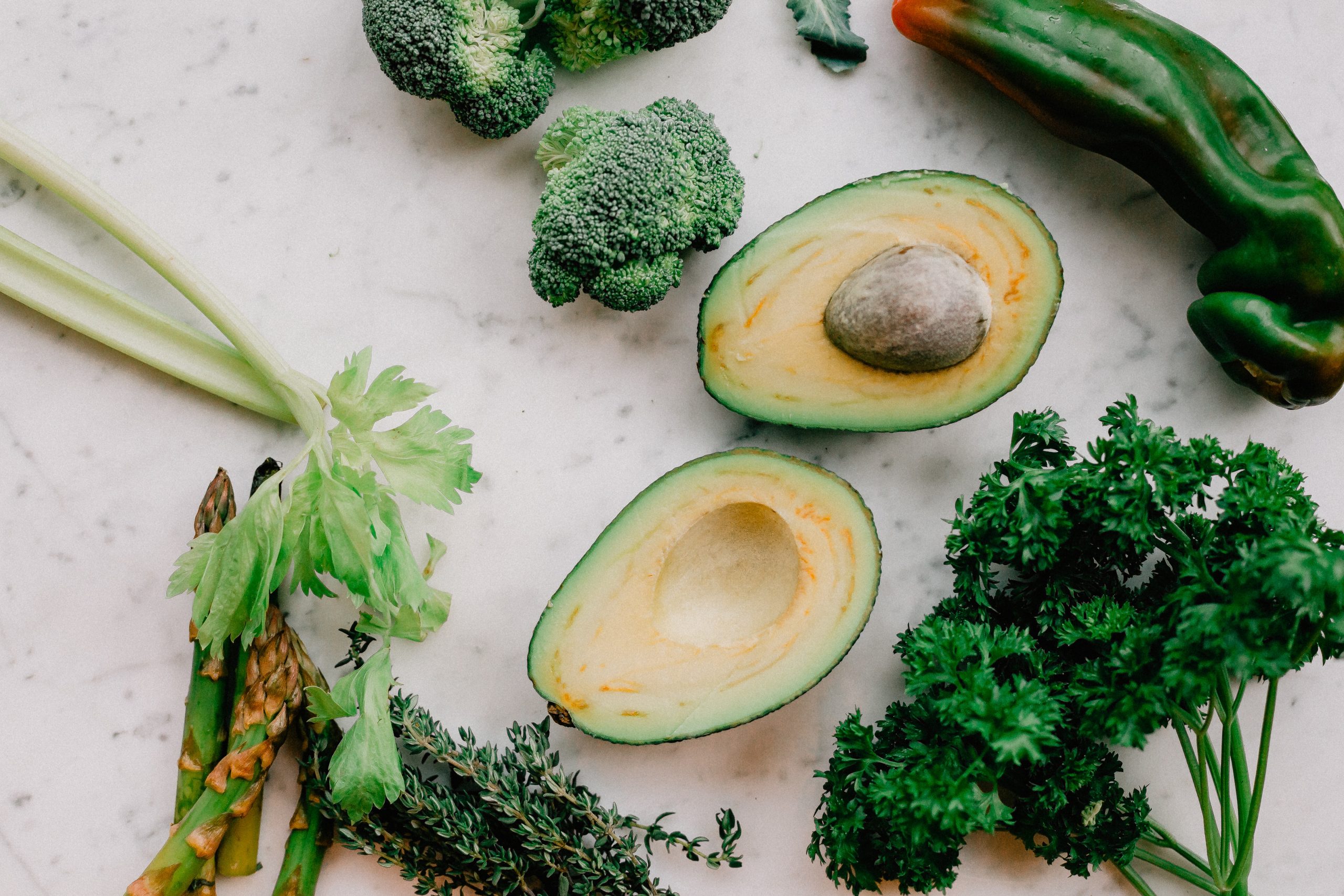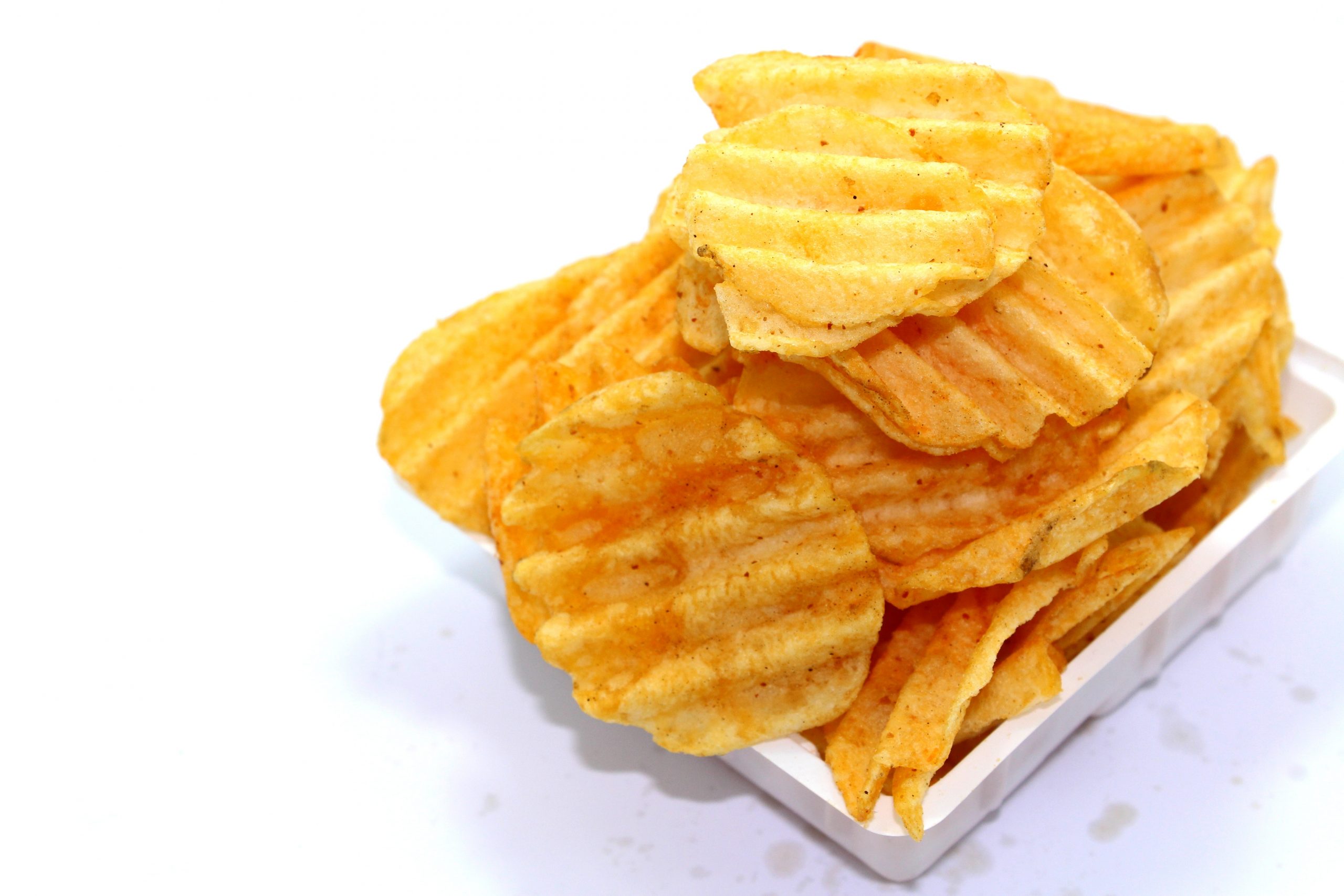
The last few weeks have caused increased stress and anxiety for many people, and many have been consuming more alcohol and eating more unhealthy foods to deal with these feelings. Many people have also had a loss of daily structure due to job losses and businesses closing, which can increase stress and may contribute to depression. Unfortunately, these things can take a toll on your mental and physical health. Having a few simple health habits to follow each day can help keep you on track, and help ensure your body is getting what it needs to feel its best.
Eating Healthy
What you eat is one of the biggest factors in your health. Stress and depression often cause people to reach for high-carbohydrate foods and snacks, which can displace healthier foods in your diet. Most of your diet should include fruits, vegetables, and healthy fats and meats, with the occasional healthy treat like dark chocolate. Try to avoid processed foods when possible as they usually contain multiple artificial preservatives, sweeteners, flavors, and/or colors. However, some people are not able to purchase healthier foods right now, so just do your best with what you are able to get.
You should also watch your alcohol intake as excessive alcohol consumption can put a strain on your liver, lead to dehydration, and some research has found that it can accelerate brain aging. There is also the potential for the development of an addiction, so be careful not to overconsume alcohol, and try to include healthy habits like exercise for stress-relief.
Support Your Liver
Your liver is so important to your health because it’s responsible for filtering toxins out of your blood, producing bile for digestion, and hundreds of other vital functions. Habitual alcohol consumption has led to a large increase in liver cancers and diseases over the last couple decades. Researchers have also found that exposure to glyphosate and other chemicals most people encounter everyday can contribute to liver problems, even at doses much lower than regulatory agencies have deemed safe. This is why eating organic produce and staying away from processed, chemical-laden foods is so important. Since it’s impossible to avoid all environmental toxins, it’s a good idea to take a supplement to help support your liver. Liver Support is a great option, and includes milk thistle which is one of the best liver-supporting herbs, along with other ingredients to help support detoxification.
There are a few more healthy habits you should have to be as healthy as you can be. Exercising several times a week, even if it’s just going for a walk is a great habit to get into. You should also do your best to get at least seven hours of sleep each night, and do things that help reduce stress like taking a warm bath, doing yoga, meditating, etc. Focusing on the positive things in your life is another great way to reduce stress and improve your mood. Remember that you can’t choose your circumstances, but you can choose how you react to them.
You can listen to our Time to Reset Your Health podcast episode here. You can also listen on our YouTube channel here.










